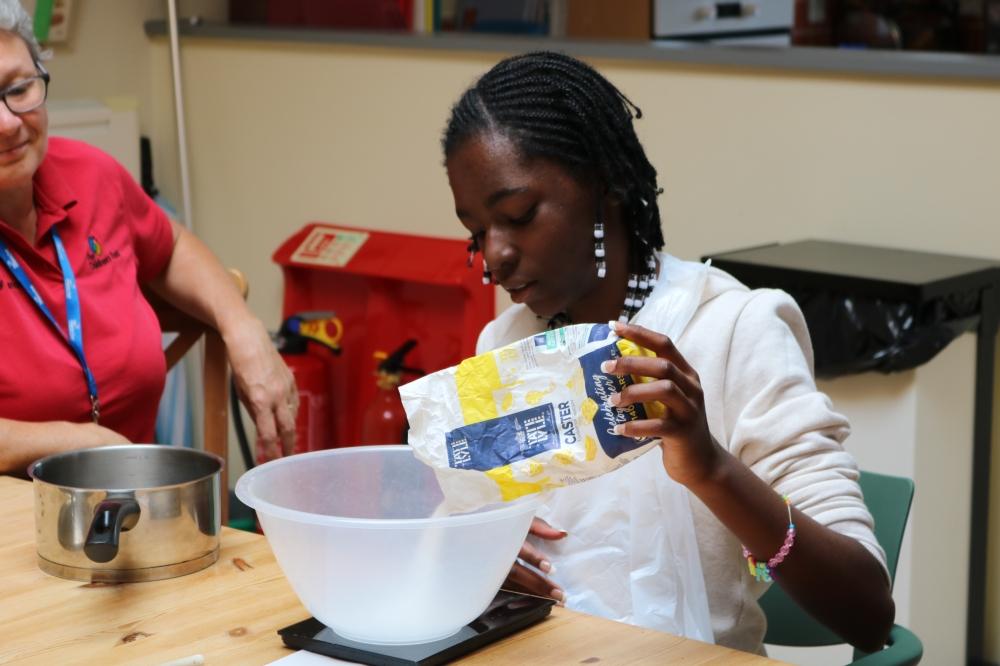
Published on: 01/11/21
Therapists explain how occupational therapy can help children and young people after a brain injury.

Published on: 01/11/21
This year’s Occupational Therapy Week runs from 1-7 November, with the Royal College of Occupational Therapists launching its new health equity campaign #OTsForEquity.
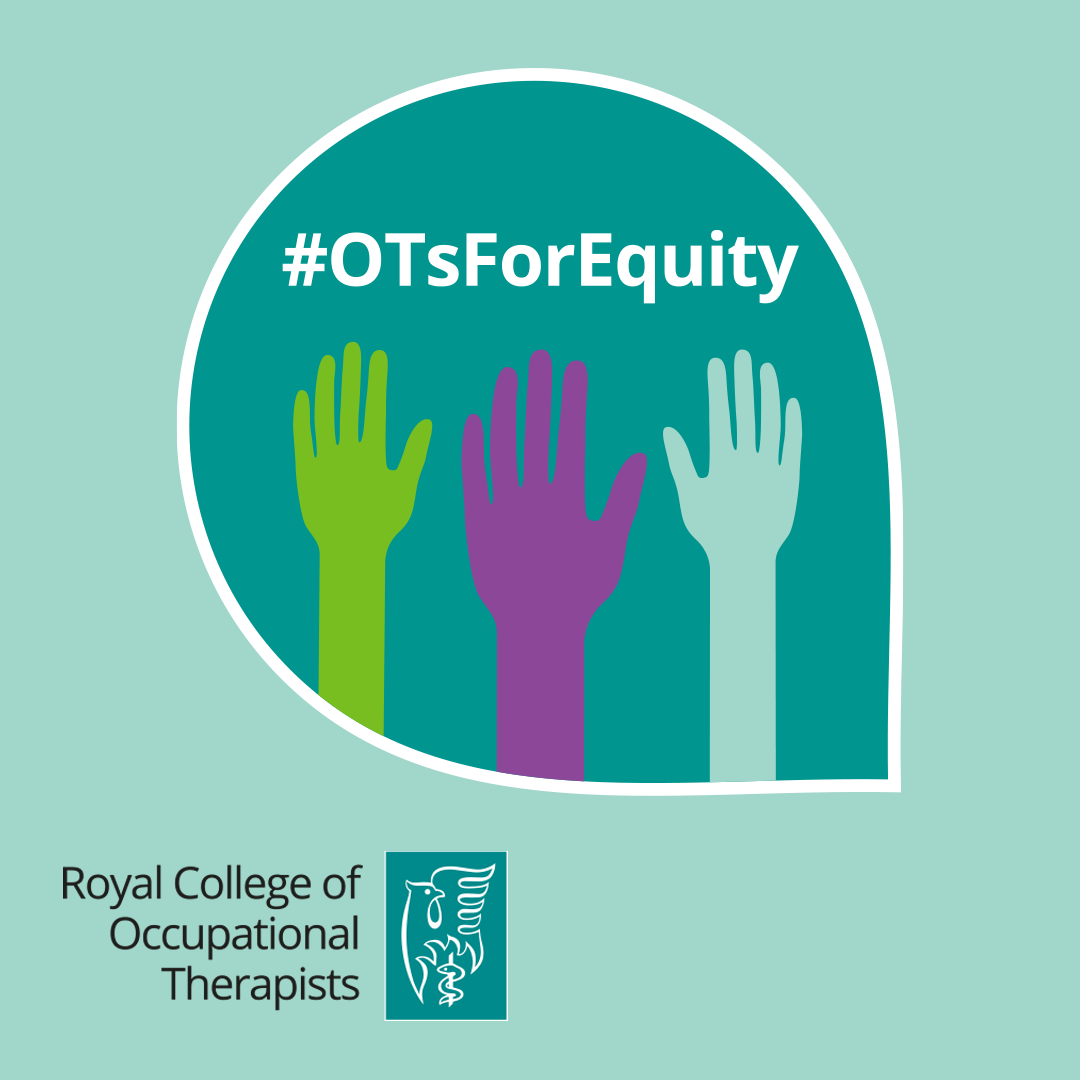
Health equity means fair opportunity to live a long, healthy life. RCOT explains that the COVID-19 pandemic has shone a spotlight on the increase in health inequalities across the UK.
The organisation states: “We need to work towards health equity – a fairer distribution of health. Occupational therapists have a duty and the skills to play a key role in making this happen.
“Occupational therapists take a holistic approach when helping people and provide truly all-round personalised care. They don’t just look at physical health but at factors such as environmental, cultural, and social.”
We find out how occupational therapists at The Children’s Trust help children and young people following a brain injury.
Occupational therapy during residential rehabilitation or back at home
Occupational therapy (OT) aims to promote independence in everyday activities, whatever that may look like for the individual. Occupational therapists will make sure that people of all ages can participate and access meaningful activities for them.
Following a brain injury, a child’s rehabilitation will involve occupational therapy throughout the day. For therapists working with children who live at home, OT will focus on helping the young person in practical ways. Therapists from The Children’s Trust Brain Injury Community Service (BICS) may see children in their own home or at their school.
Occupational therapist Natalie from the BICS team recently helped a teenage girl who had meningitis as a baby and, as a result, had significant memory problems. The girl wanted to be able to cook a meal for herself and her family but required a lot of support from her mum to do this because of her memory.
Natalie worked with her to make the process of cooking easier to follow:
Natalie says: "It was so important to complete this rehabilitation in the young lady's home environment as we could really tailor the strategies to increase her participation within her real life setting."
For the girl, having Natalie's support with cooking helped her to improve her attitude to becoming more independent at home.
Occupational therapy at The Children’s Trust School
The Children’s Trust School is a special school for children and young people with a range of needs including complex education, health, therapy and care requirements. A number of occupational therapists help identify needs early and provide solutions, so all children in the class are supported.
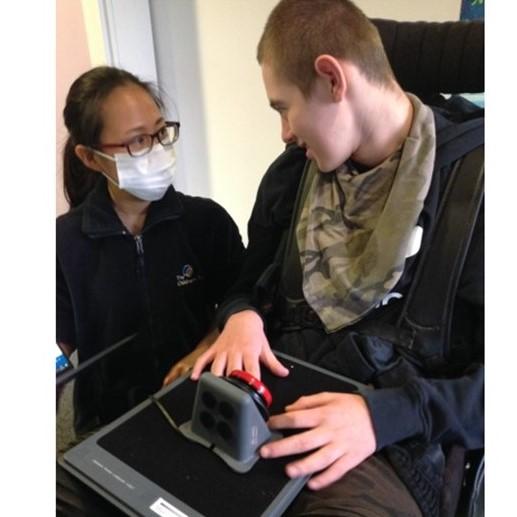
Occupational therapist Tina explains the ways in which occupational therapy helps the pupils day-to-day:
"We support the young people within their classrooms and in their residential houses through universal, targeted, and specialist levels of input.
"In class this can be in the form of an environmental audit, training or support for the teaching team to implement assistive technology in sessions, adapting activities or looking at seating to enable participation in school.
"Specialist sessions can involve working with the children and young people on specific goals, such as functional hand use, eating and drinking, using eye gaze technology for leisure, or assessing for optimal switch access.
As well as moving and handling tasks, we often provide advice on managing personal care tasks, and support young people with activities of daily living.
"For example, we recently started a pilot 'Breakfast Club' on the school houses, where we aim to improve participation in the morning routine, orientate to the day, and connect with the community."
Read more about Occupational Therapy Week 2021 and about Allied Health Professionals, including the work of occupational therapists.
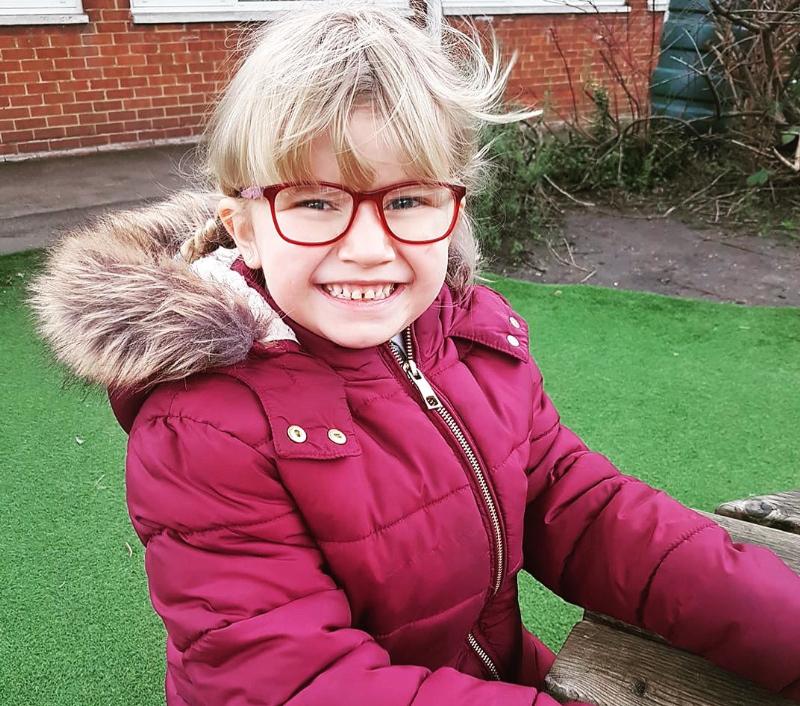
The Children's Trust Community Rehabilitation Service provides specialist goal-orientated neurorehabilitation delivered in the child's environment. Our ultimate goal is to maximise the child's participation in everyday life.

Our school is a non-maintained special school supporting children and young people aged 2-19 with a wide range of needs including complex education, health, therapy and care requirements.
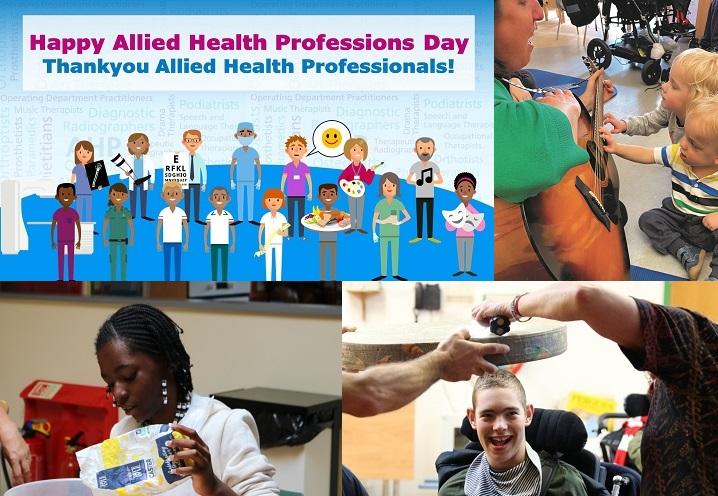
To celebrate AHPs’ Day, we spoke to therapists from The Children’s Trust to find out how they help children after a brain injury.